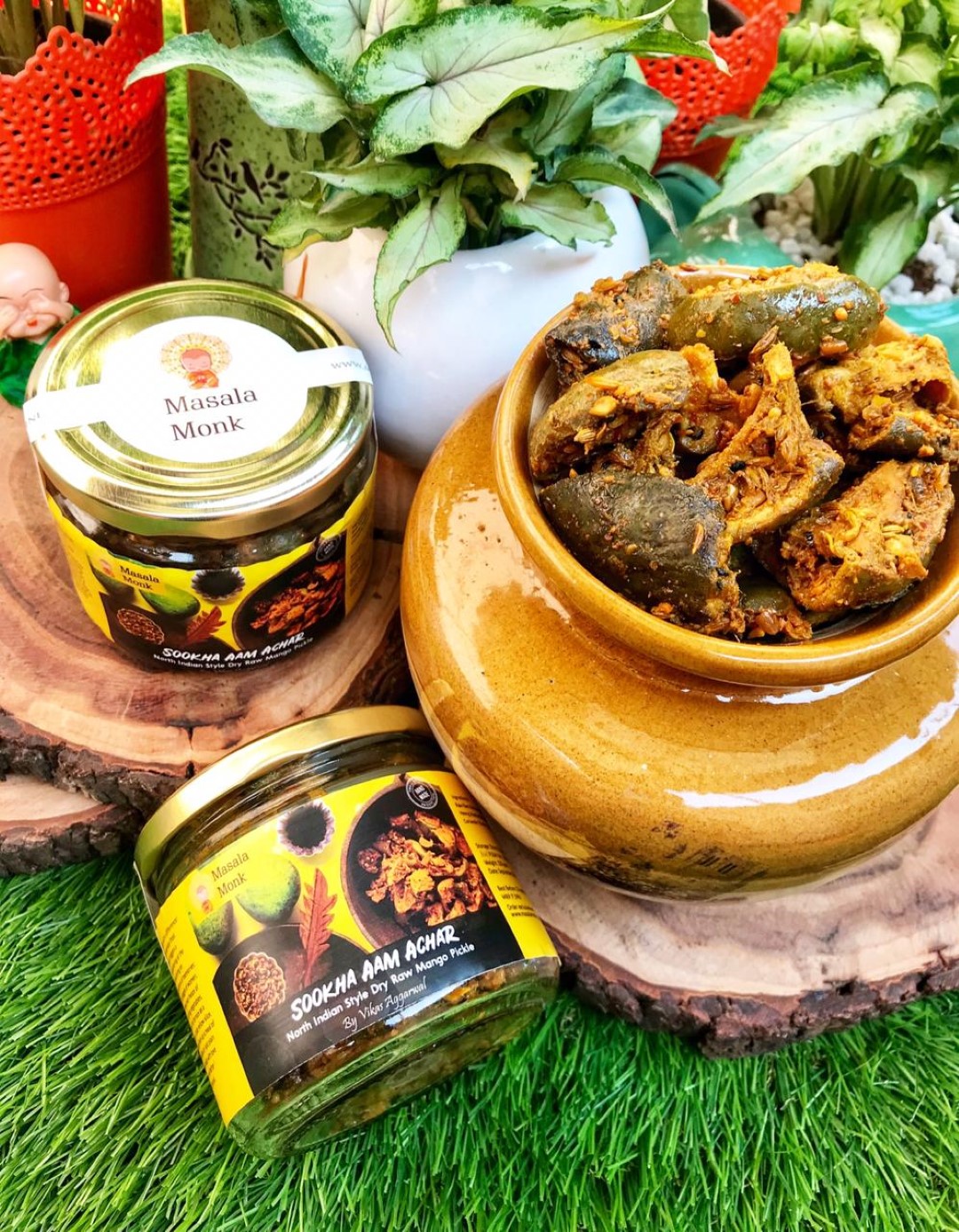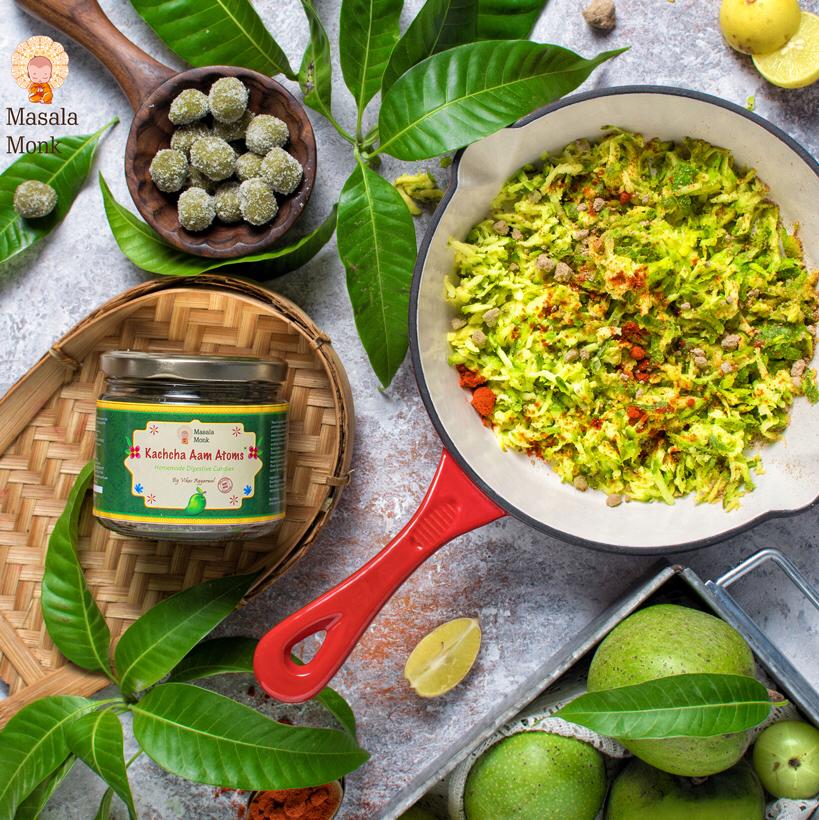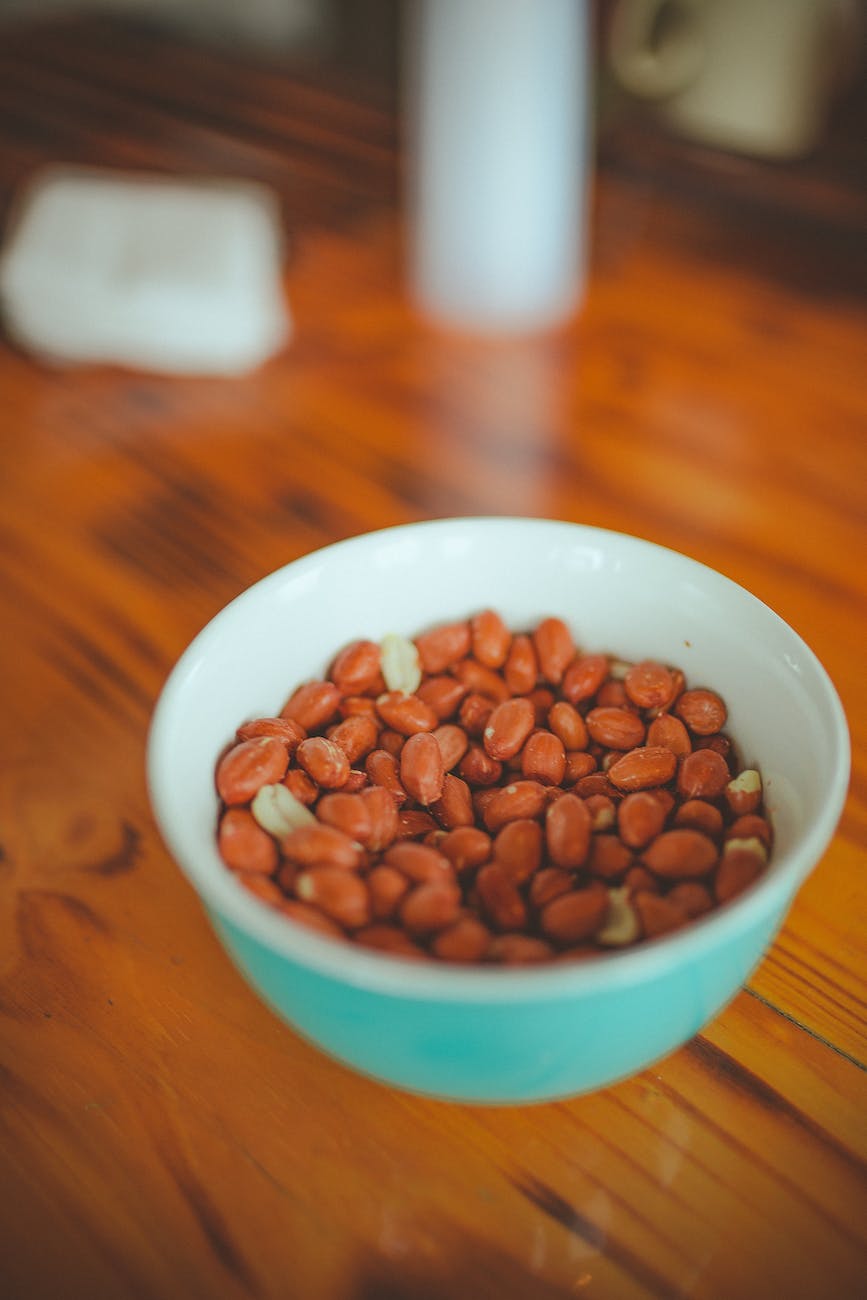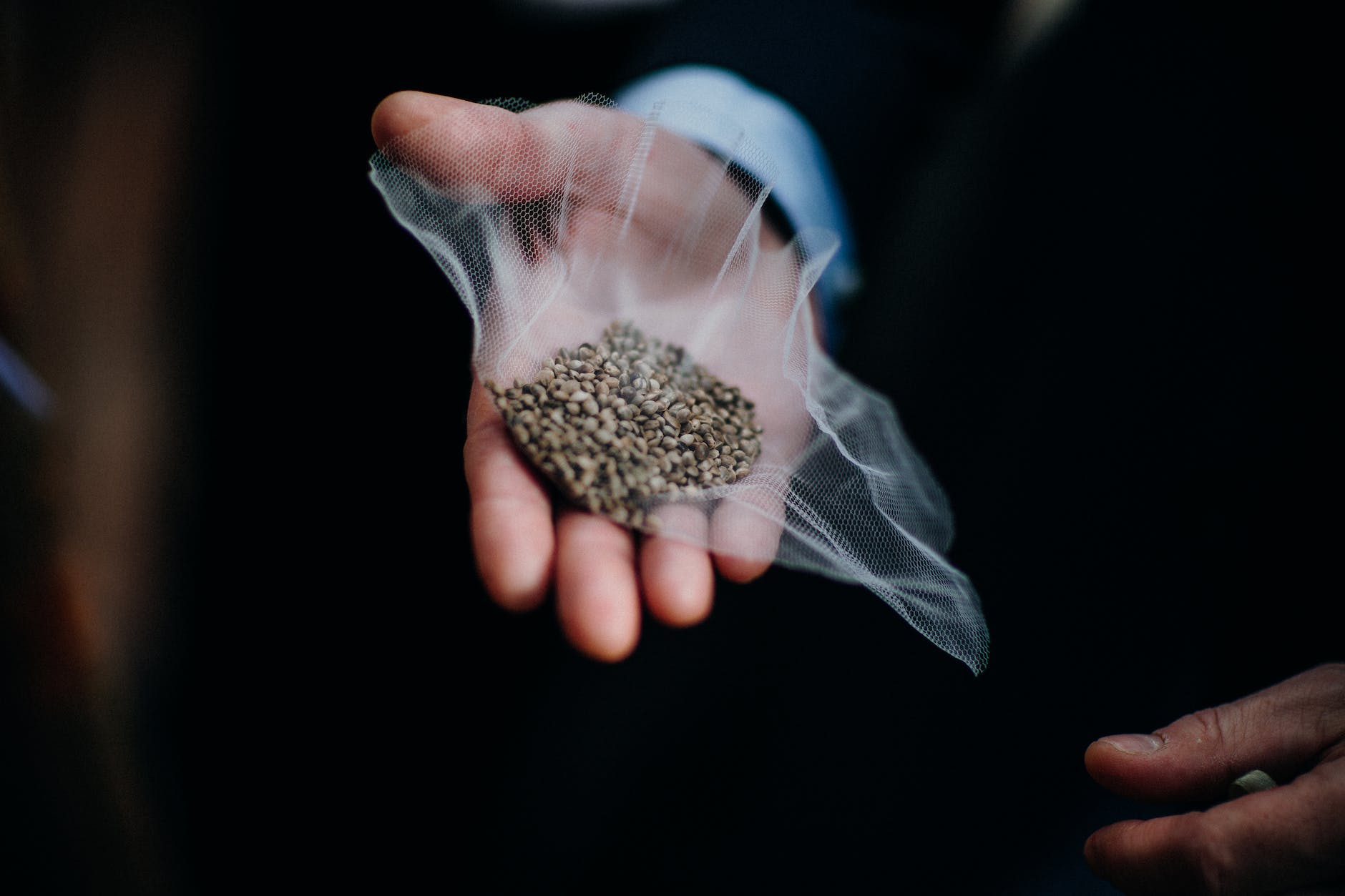
Mangoes, often referred to as the ‘king of fruits,’ are a favorite among many. But when it comes to diabetes, there are often questions about whether this sweet fruit is a friend or foe. In this post, we’ll explore the relationship between raw mangoes, diabetes, and even delve into the world of mango pickles.
Raw Mangoes: A Tangy Delight
Raw mangoes, also known as green mangoes, are simply the unripe version of the sweet, golden fruit we all know. They have a unique tangy flavor and are packed with a host of nutrients. Here’s what you need to know:
- Lower Sugar Content: Raw mangoes have less sugar than their ripe counterparts, making them a better choice for those with diabetes.
- Rich in Nutrients: They are a good source of vitamin C, fiber, and antioxidants, which are beneficial for overall health.
- Unique Flavor: The tangy flavor of raw mangoes can add a refreshing twist to salads, smoothies, and other dishes.
Raw Mangoes and Diabetes: The Connection
Raw mangoes are particularly beneficial for individuals with diabetes. Here’s why:
- Lower Glycemic Impact: Thanks to their lower sugar content, raw mangoes have less of an impact on blood sugar levels.
- Fiber-Rich: The fiber in raw mangoes can help slow the absorption of sugar into the bloodstream, preventing spikes in blood sugar.
- Mangiferin Magic: Raw mangoes contain a compound called mangiferin, which has been shown to have anti-diabetic properties. It can improve insulin production and reduce inflammation.
Mango Pickle: A Spicy Twist
Mango pickle, a popular condiment in many cuisines, especially in India, is often made with raw mangoes. It adds a tangy and spicy kick to meals. But can people with diabetes enjoy this flavorful addition?
Mango Pickle and Diabetes: What You Need to Know
The answer is yes, but in moderation. Here’s what you need to know:
- Moderation is Key: Mango pickle is typically made with raw mangoes, spices, and a significant amount of oil and salt. While the raw mangoes in the pickle can offer the benefits mentioned above, the high sodium content can be a concern. However, mango pickle is usually consumed in small quantities, so the overall impact may be minimal.
- Spice Benefits: The spices used in mango pickle, such as turmeric and fenugreek, also have anti-inflammatory and blood sugar-lowering properties.
- Choose Wisely: Homemade or traditionally made pickles are a better choice than store-bought versions, which often contain preservatives and additional sodium.
Mango Pickle comes in so many variations, Aam Ka Sookha Achar -North Indian style Dry Raw Mango pickle is one of the best sellers and most loved products on our website, MasalaMonk.com. Do explore for other super exciting range of mangoes and other pickles available to be shipped all over the world.
Conclusion
Raw mangoes can be a great addition to a diabetic diet, thanks to their lower sugar content and beneficial compounds. Mango pickle, when enjoyed in moderation, can also be part of a balanced diet. As with all foods, portion control is key. Always monitor your blood sugar levels and consult with your healthcare provider to make the best dietary choices for your health.
Remember, managing diabetes doesn’t mean you have to miss out on the flavors you love. It’s all about balance, portion control, and making informed choices. So go ahead and enjoy the tangy goodness of raw mangoes and the spicy kick of mango pickle, all while keeping your health in check!
Frequently Asked Questions
- Can Diabetics Eat Raw Mango? Raw mangoes have less sugar content than ripe ones and are packed with beneficial nutrients. They can be a part of a balanced diet for people with diabetes. Read more about it in our post above.
- What is the Glycemic Index of Raw Mango? The glycemic index of raw mango is lower than that of ripe mango, making it a better choice for those managing their blood sugar levels. Find out more about the glycemic index and its importance in our detailed post.
- Is Mango Pickle Good for Diabetes? Mango pickle, a condiment made from raw mangoes, can be enjoyed by people with diabetes, but in moderation due to its high sodium content. Discover more about the relationship between mango pickle and diabetes in our post.
- Can Mango Shake be Beneficial for Diabetes? Mango shakes can be high in sugar, especially if made with ripe mangoes or added sweeteners. However, a shake made with raw mango and no added sugar could be a refreshing and diabetic-friendly option. Learn more about it in our post.
- Are Green Mangoes Good for Diabetes? Green mangoes, or raw mangoes, have a lower sugar content and are rich in beneficial compounds that can help manage blood sugar levels. Dive into our post to learn more about the benefits of green mangoes for diabetes.
Blog Tags
Raw Mango, Diabetes, Mango Pickle, Glycemic Index, Mangiferin, Anti-Diabetic, Nutritional Benefits, Heart Health, Digestive Health, Weight Management, Dietary Fiber, Vitamin C, Antioxidants, Blood Sugar Control, Insulin Production, Inflammation, Sodium Content, Homemade Pickle, Store-Bought Pickle, Turmeric, Fenugreek, Anti-Inflammatory, Blood Sugar Lowering, Portion Control, Dietary Choices, Balanced Diet.












